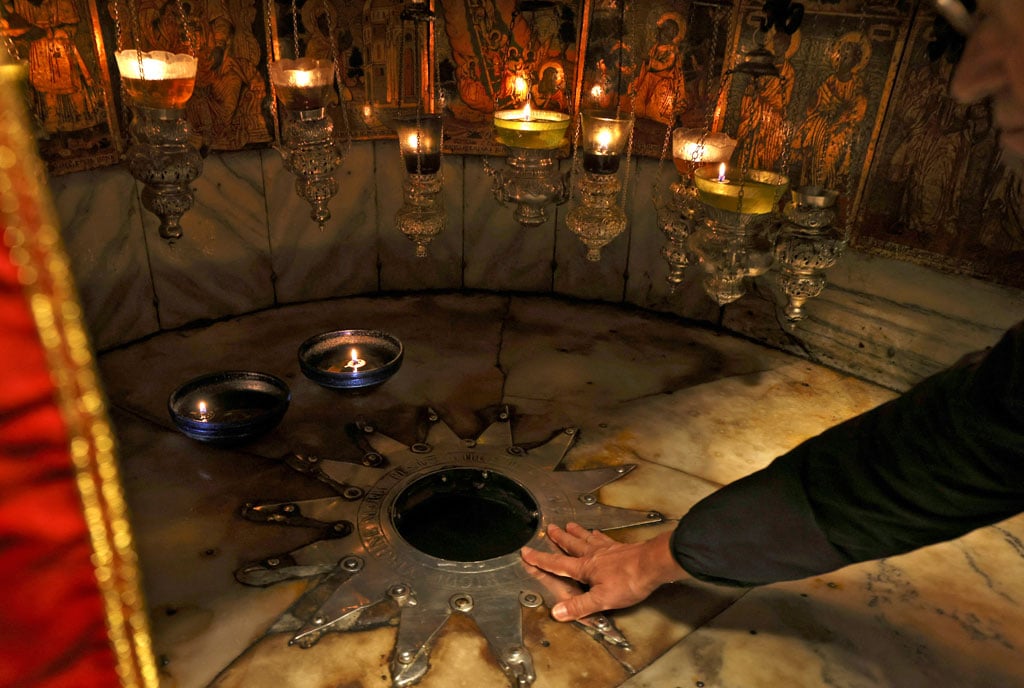What a season for peacemaking and unity

A priest places ashes on the forehead of a believer on Ash Wednesday, February 14, 2024. PHOTO/FILE
What you need to know:
- Purpose. When the 40 days of Lent kicked off, most people rushed to talk about what diets they were going to start on and the other things to forfeit. However, there is more to Lent than physical purposes.
- Did you know that Lent is a conciliatory season?
Ever since sin befell humanity, we encounter divisions everywhere, even within religious organisations. We can only overcome them by conversion from sin. Lent bears the spirit of reconciliation and ecumenism; a special spiritual for the very important day of Easter.
It is, hence good news to learn that Lent is observed by the major Christian denominations, namely, Anglican, Roman Catholic and Eastern Orthodox churches. Lent is a 40-day period, after the example of the 40 days Jesus spent in the wilderness of Judea, preparing Himself for the public ministry. 40 is also a holy number, representing a period of conversion and reconciliation.
Christians begin the Lenten season by observing Ash Wednesday, when ashes are imposed on their foreheads. It reminds them of the virtue of humility, a prerequisite to the desired conversion and reconciliation. Sunday is not counted among the 40 days of fasting, because Christians traditionally observe it as minor commemoration of Easter.
Lent practices
During Lent, different Churches follow similar Bible stories, such as the Parable of the Prodigal son or Prodigal Father, the Rich Man and Poor Lazarus, the Pharisee and Publican at prayer. Christians will be cautioned against the tragedy of the self-serving arrogance and hardheartedness. They are encouraged to embrace humility and repentance; trusting in the mercy of God.
Where Christians have been insensitive the plight of the needy in the midst of society, they are invited to embrace alms-giving, in addition to a life of prayer, penance, so that, strengthened by the Cross they may arrive at a personal encounter with Christ the life-giver who arose from the tomb.
Time for coexistence
During Lent, all Christians realise they are not individuals before God, but a community of persons, for whom existence means coexistence. It is a struggle against selfishness, a practice of making other people’s life better (philanthropy) and contributing to the transformation of society. It is an engagement to common freedom, common virtue, and common good and common adherence to the rule of God, over and above the rule of law. They fast as defined by the Church and not as they individually please.
Lent is not a period to highlight religious or emotional extremes or superficial sentimentality or a religious idol. It is inspired by the Holy Spirit into a spirit of communion; which presupposes a godly way of life.
During Lent, all Christians renew their commitment to Jesus, by heeding to His teaching and be liberated (John 8:32). In a dangerously divided world, they can offer reconciliation through their willingness to enter into attentive and respectful dialogue with others.
Different occasions
Christians observe the Palm Sunday feast, as a special devotion, in commencement of Jesus’ Passion. The faithful take palms, in commemoration of Jesus’ triumphal entry into Jerusalem.
Good Friday is a very crucial celebration. The Church was born of the Good Friday Cross. Christians venerate the Cross on which Jesus died to reconcile humanity with God and human beings among themselves. The Good Friday Cross is a universal symbol of Christianity and unity of humanity.
The ecumenical movement in Uganda, Uganda Joint Christian Council, organises the Public Way of the Cross on Good Friday, throughout all the dioceses of the member churches, providing occasion for common witness to reconciliation and unity.
Essence of Easter
Christians recognise Easter Sunday to be holiest feast in the Christian calendar. It highlights Jesus’ victory divisions and eternal death, among other evils. To sincerely celebrate Easter is to pledge being ambassadors of Christ’s reconciliation (1 Corinthians 14:15-20).
Long before the divisions in the Church of Christ, the ecumenical Council of Nicaea in 325 decreed that all churches should observe Easter together on a Sunday. The Orthodox Church, however, observe it later. This is because they follow the Julian calendar instead of the Gregorian. Easter is a movable feast. Since 1900, however, various churches have proposed the idea of fixing the celebration of Easter on the second Sunday in April. That will be another ecumenical milestone.
Did you know? It is good news to learn that Lent is observed by the major Christian denominations, namely, Anglican, Roman Catholic and Eastern Orthodox churches.
Lent is a 40-day period, after the example of the 40 days Jesus spent in the wilderness of Judea, preparing Himself for the public ministry. 40 is also a holy number, representing a period of conversion and reconciliation





